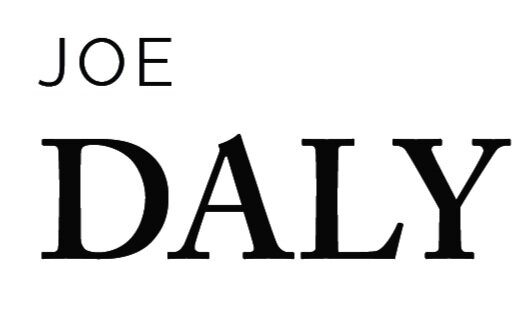Why Poppy Doesn’t Resonate with Me—And Why That’s a Great Sign for the Future of Metal
Photo credit: Steve Thrasher 2024
If you've glanced at a magazine rack lately, it’s impossible to ignore Poppy, the genre-warping disruptor who’s been kicking down the doors of heavy metal and redefining what it means to be "heavy" in 2024. After catching her set at Aftershock in Sacramento last weekend and watching her whip the mid-day crowd into a horn-throwing frenzy, I can say with complete certainty that while I have nothing but admiration for what she’s doing, Poppy just ain’t my cup of tea — and that’s precisely why I take heart in the wave of acclaim she’s receiving and why I see her success as a very positive sign for the future of metal.
To understand why Poppy doesn’t resonate with someone like me — an aging, grizzled metalhead who grew up with the visceral punch of bands like Black Sabbath, Judas Priest and Metallica — we need to examine what’s happening within the genre today. The standards by which I’ve judged music for decades have, in many ways, been replaced by entirely new criteria. It’s a shift not just in the technological evolution of music but in the creative ethos that defines what "heavy" and "metal" even mean to a new generation.
Poppy’s music is as much a collage of styles as it is a commentary on genre boundaries. Her sound incorporates elements of metalcore, but also pop, industrial, and even hyper-pop elements that defy easy classification. Take 2020’s I Disagree. Tracks like BLOODMONEY mix the aggression of metal with the glossy production and off-kilter melodies of pop. The result is unsettling, like a style-blitzing fever dream, where genres and expectations are thrown into a blender. To someone who grew up worshipping at the altar of Judas Priest, this can be jarring. But it’s precisely this jarring quality that is making her a sensation with younger fans who are more accustomed to genre fluidity.
The new generation of listeners has grown up in an era where music is consumed in micro-doses — streaming playlists that comingle everything from black metal to electronic trap. They don’t have the same rigid genre loyalty that earlier generations did. For me, and for many metalheads of my era, bands were sacred. We pledged allegiance to the likes of Iron Maiden or Slayer and that allegiance was often exclusive. You had to dig deep into a band’s catalog, understand their ethos and live their aesthetic. That’s how metal built its communal strength.
By contrast, Poppy’s success signals a generation for whom musical identity is not defined by a single genre but by how well an artist can blend disparate sounds into something new. I Disagree doesn’t shy away from harsh guitar riffs, but it does so alongside bubblegum pop choruses and dazzling electronic beats. It’s a world away from the raw, analog aggression of early Sabbath records or the ferocity of Slayer’s Reign in Blood. And yet, this is what younger audiences are rallying behind—because it reflects the world they live in. A world where technology allows for infinite genre-crossing, where the boundaries between musical styles have been erased by the click of a button.
Contrast Poppy’s approach with the seminal forces of the 70s, 80s, and 90s. Black Sabbath essentially birthed metal with their doomy, riff-heavy sound, but their creative process was rooted in the technology of the time — live recordings, minimal overdubs, and raw, unpolished takes that captured the grit of a post-industrial world. Fast forward to the 80s, and bands like Metallica and Slayer pushed the boundaries of speed and aggression, refining their sound through increasingly complex arrangements. The 90s brought in a new wave of experimentation, but it was still rooted in organic creativity—Nirvana’s Nevermind and Pantera’s Vulgar Display of Power both took the raw elements of metal and classic rock and repackaged them with a fierce, live energy.
Poppy, on the other hand, isn’t constrained by any of those conventions. Her sound is the result of a postmodern, digital-first world where genre-blending and production techniques are as important as the riffs themselves. While her music doesn’t hit the same emotional and sonic chords that drew me into metal in the first place, it’s clear that for many younger fans, this is what the future sounds like.
And that’s not just ok, it’s exciting as hell. The fact that Poppy doesn’t resonate with me is a sign that metal is still evolving, still growing, and still finding ways to speak to the present generation. Metal has always been a genre defined by rebellion and maybe this is how that rebellion manifests today—by subverting the very idea of what metal should sound like.
Ultimately, Poppy’s rise is a great sign for metal’s future because it shows that the genre is still elastic enough to encompass wildly different approaches and ideas. Her music isn’t meant for aging metalheads like me—and that’s exactly why it’s so vital. Metal isn’t a museum piece; it’s a living, breathing entity, and artists like Poppy are proof that it can still surprise us. The music might not be speaking to me, but it roars triumphantly to a new generation.



